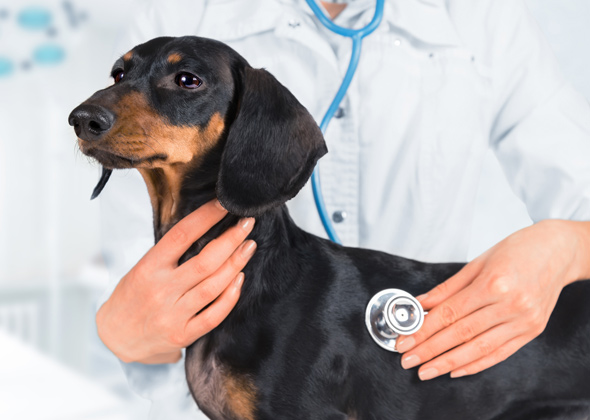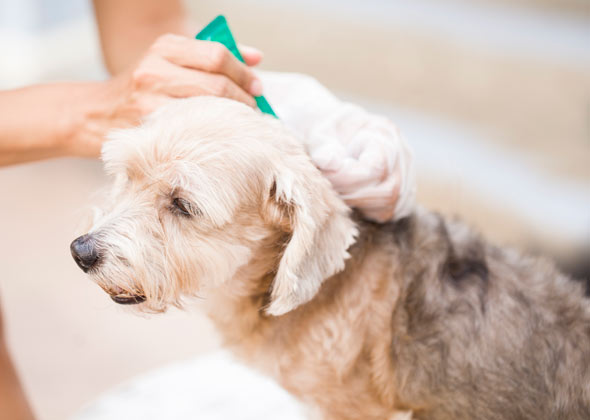Tips to Help Protect Yourself From 3 Common Pet Parasites
by Bethany Dean
Published on August 18, 2016
Skip To
Parasites like roundworms, hookworms and tapeworms can commonly infect cats and dogs. They can pose a risk to your pet’s health and can also pose a health risk to you. However, by keeping your pet healthy and practicing good hygiene, you can help minimize the risk of getting parasites from your pet. Below are some tips on how you can help protect yourself — and your pet — from these dangerous parasites.
More on Vetstreet:
More on Vetstreet:
- Dog Dangers to Avoid This Summer
- 5 Myths About Heartworm Disease in Dogs
- 6 Common Dog Behavior Myths Get Busted
- Does My Dog Really Need a Yearly Vet Visit?
- Home Remedies That Will Not Get Rid of Fleas and Ticks











